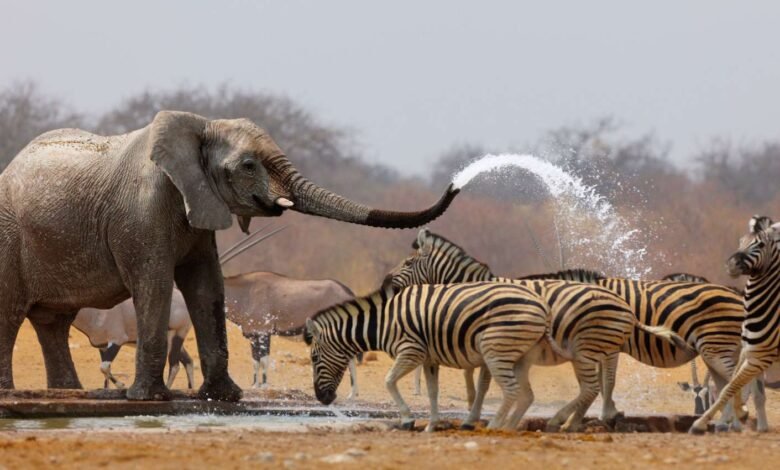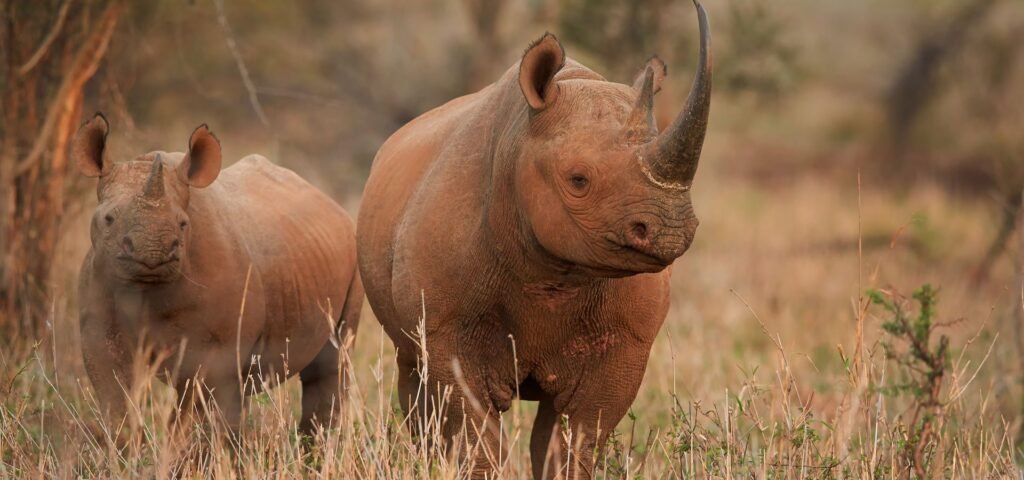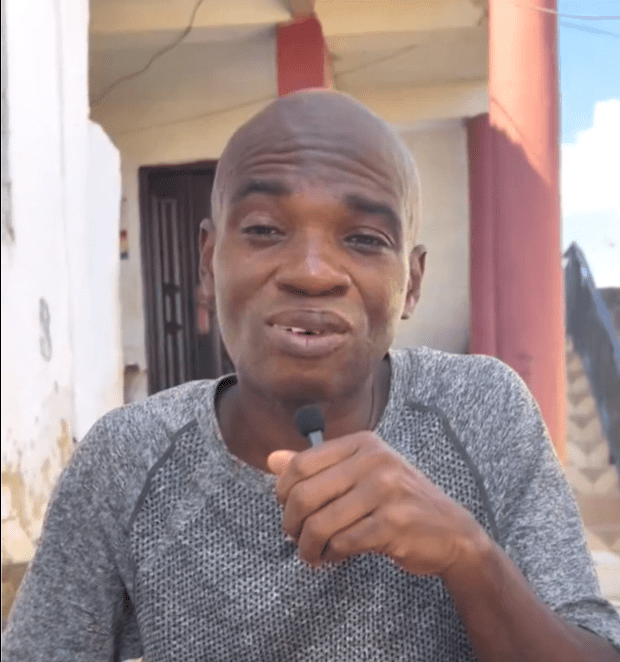Namibia to Slaughter Over 700 Wild Animals, Including Elephants and Hippos, to Combat Hunger Amid Drought

In response to a crippling drought that has left nearly half its population facing acute food insecurity, Namibia has launched a controversial plan to kill over 700 wild animals, including iconic species such as elephants, zebras, and hippos. The Ministry of Environment, Forestry, and Tourism announced that these animals will be sourced from national parks and communal lands where their numbers have grown beyond what the ecosystem can sustain during this extreme environmental crisis.
The initiative is designed to alleviate the pressures on dwindling water and grazing resources, which have been stretched to their limits by the drought, the worst the country has experienced in 100 years. Namibia declared a state of emergency earlier this year as the impacts of this unprecedented dry spell deepened, threatening the survival of both people and wildlife. The culling is also intended to reduce the risk of dangerous encounters between humans and wildlife, particularly elephants, which have increasingly wandered into populated areas in search of food and water.
Professional hunters will carry out the culling, with the meat distributed to communities hardest hit by food shortages. So far, more than 150 animals have been slaughtered, providing over 125,000 pounds of meat to bolster the country’s drought relief efforts. The program specifically targets species whose populations are deemed sustainable, such as 83 elephants, 30 hippos, 60 buffalo, 50 impalas, 100 blue wildebeest, and 300 zebras.

Namibia’s efforts are part of a broader struggle across southern Africa, where the combination of El Niño-driven weather patterns and the worsening climate crisis has led to devastating drought conditions. With little rainfall and soaring temperatures, crop failures have become widespread, leaving millions across the region facing severe hunger. The Namibian government has framed this culling operation as a necessary, albeit drastic, measure to ensure the survival of its people during this perilous time. However, the decision has sparked debate, as it underscores the harsh choices that nations must make in the face of mounting climate challenges.
Read More: Eddie Nketiah Opens Up to Playing for Ghana: A Potential Boost for the Black Stars; Netizens React















